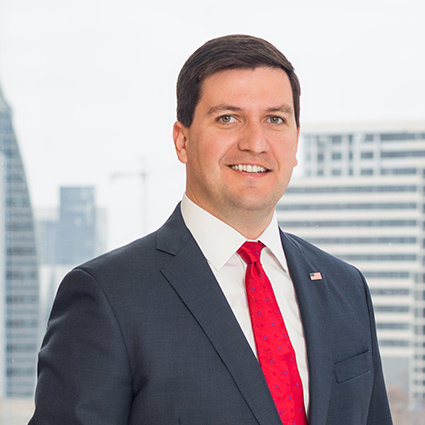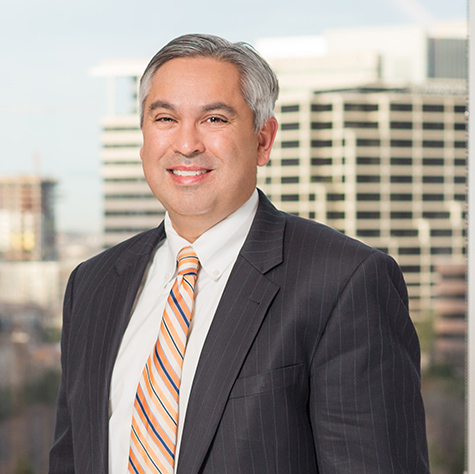Dallas voters will go to the polls on May 4, 2019, to elect a new Mayor and City Council. A total of nine candidates are seeking to replace Mike Rawlings, who is term-limited. All 14 of the City Council positions will also be contested.
Municipal elections present a great opportunity for voters and donors alike to weigh-in on a host of local issues. But it is important to note that state and local rules limit the amounts and types of contributions that individuals and political committees can make to these campaigns.
While the campaign finance rules are fairly easy to understand, they are often overlooked by campaigns and donors alike. Individuals, companies, and associations should take the time to familiarize themselves with these rules to avoid potential fines.
|
What is a contribution? Section 15A-1 of the Dallas City Code defines “contribution” as “a direct or indirect transfer of money, goods, services, or any other thing of value and includes an agreement made or other obligation incurred, whether legally enforceable or not, to make a transfer.” Under the Code, a contribution includes monetary donations, loans, loan guarantees, extensions of credit, and other expenditures made in cooperation with the candidate’s campaign. “Contribution” also extends goods or services to candidates and their committees. Gifts of goods or services are called “in-kind” contributions. These include, but are not limited to, providing food and drinks at a campaign event, donating office supplies and equipment, and paying for goods and services on behalf of a candidate. The dollar value of an in-kind contribution is subject to limits and must be reported like a monetary donation. The term “contribution” does not, however, include “a loan made in the due course of business by a corporation that is legally engaged in the business of lending money and that has conducted the business continuously for more than one year before the loan is made.” Simply put, banks or other financial institutions that loan money as part of their regular business may generally loan money to Dallas candidates without limitation. The Code also excludes “personal services and personal traveling expenses to aid or defeat a candidate,” meaning an individual may donate his or her personal services and personal traveling expenses without limitation. Who can donate? Section 15A-4.1 of the Dallas City Code prohibits certain individuals and business entities from making donations in city elections. Applicants in zoning cases, applicants in public subsidy matters, and bidders for city contracts are generally prohibited from making donations to candidates for Mayor and City Council, depending on when the application or bid was submitted. The prohibition also extends to contributions to specific-purposes political committees that will ultimately contribute to an individual candidate. What are the monetary limits? Section 15A-2 of the Dallas City Code limits an individual’s contributions to $5,000 for each candidate for Mayor, and $1,000 for each candidate for City Council. The Code limits political committees to donations of $2,500 for each candidate for City Council and $10,000 for each candidate for Mayor. Individuals and companies should bear in mind that “in-kind” contributions are subject to these same limits. But the Code does treat a runoff as a “separate election,” meaning a donor may contribute the maximum amount in the initial election, and then subsequently contribute the maximum amount in the runoff election. Are there other limits? Section 15A-5 of the Dallas City Code requires individuals to make contributions under their own legal name. Individual contributors are not permitted to make a contribution on behalf of another individual. In other words, making contributions on behalf of family members, friends, or colleagues is strictly prohibited. |
With seven offices located around Texas, Jackson Walker understands and has experience with state and local rules related to elections. Should you have any questions regarding elections law or municipal law in general, our attorneys have the experience and the relationships to assist.
 Meet Jonathan
Meet Jonathan
Jonathan D. Neerman is experienced in all phases of litigation, not only at the trial and appellate levels in federal and state courts but also in various alternative dispute resolution forums. Jonathan also regularly counsels individuals and businesses on the laws and rules pertaining to lobbying, political contributions, political action committees, the use of corporate resources for political purposes, and corporate guidelines on election issues. He has represented candidates and political parties in election contests and election law litigation. Previously, he served as the Chairman of the Dallas County Republican Party, where he counseled candidates and officeholders regarding compliance with state and federal campaign finance laws.
 Meet Justin
Meet Justin
Justin V. Lee is a business litigator and aviation attorney who represents a wide range of clients, such as airlines, manufacturers, real estate firms, insurance companies, financial services institutions, music industry entities, technology infrastructure firms, and candidates for public office. Prior to joining Jackson Walker, Justin worked on the staff for a member of the United States Congress and served as a helicopter pilot in the United States Army in Afghanistan and Pakistan.
The opinions expressed are those of the authors and do not necessarily reflect the views of the firm, its clients, or any of its or their respective affiliates. This article is for informational purposes only and does not constitute legal advice.

